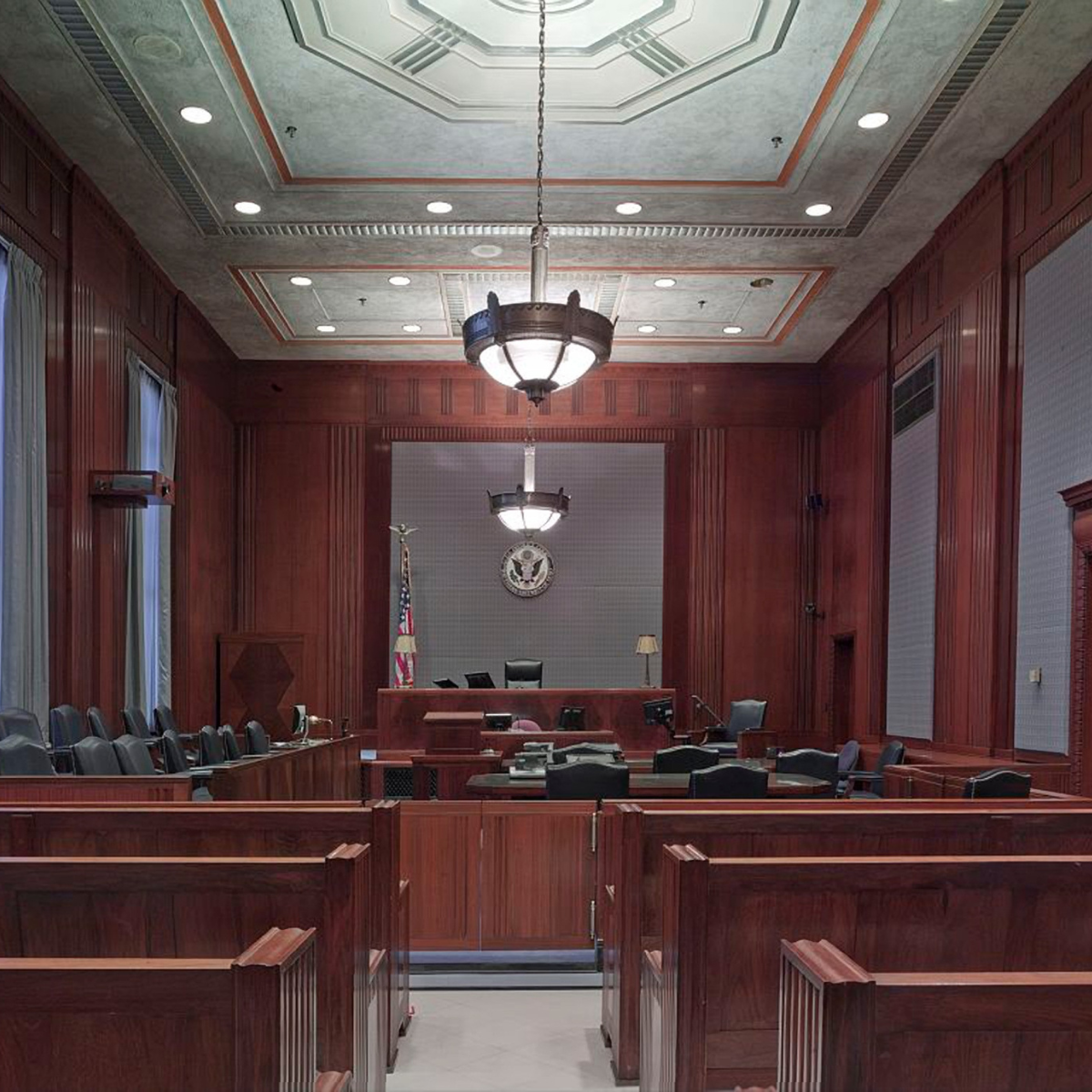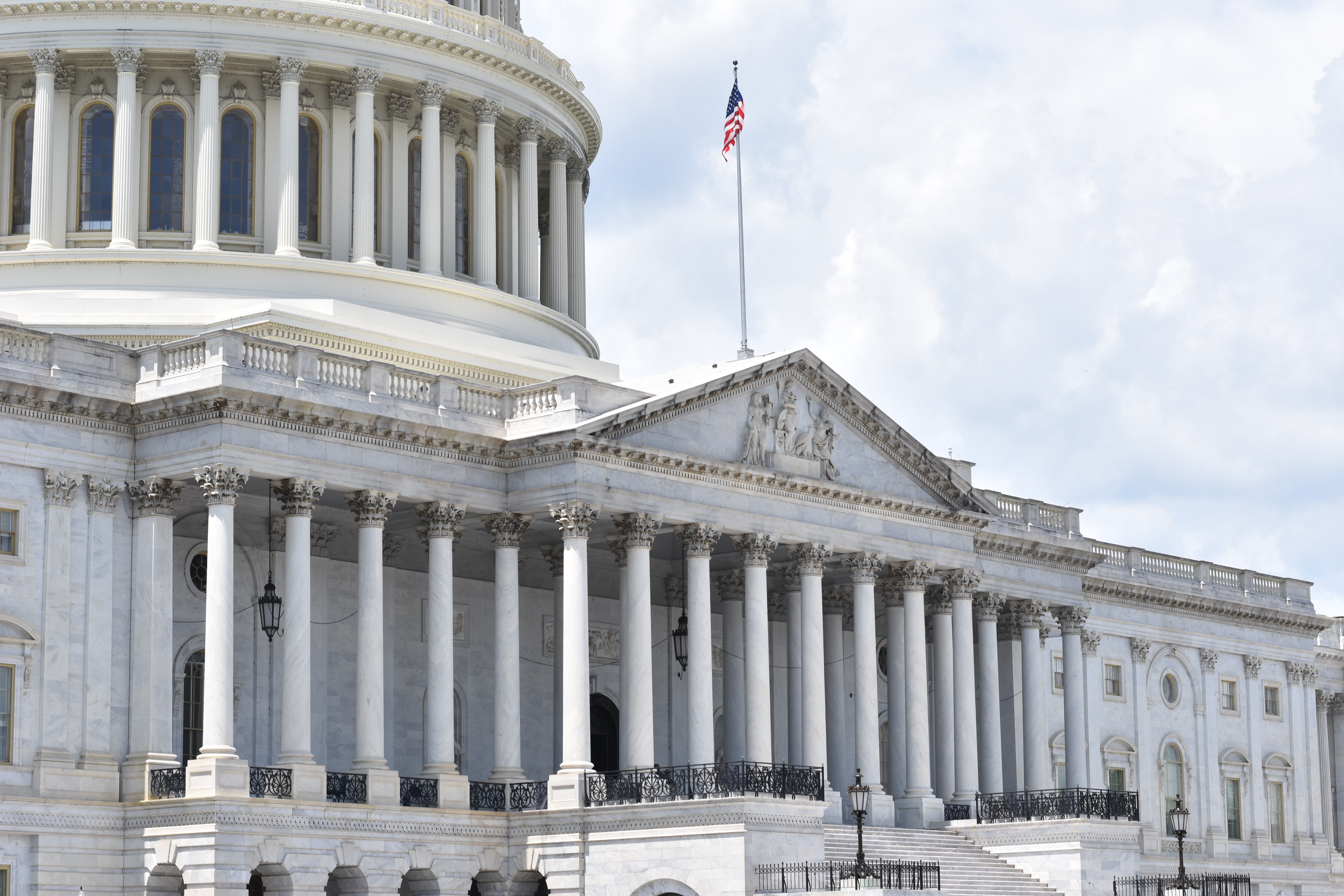News and Updates
Month: March 2023
Catastrophic Safety Services
We’ve been collecting testimonials from a few clients lately, and one of them spoke about how our safety team responded to a stressful situation in a way that gave him a lot less to worry about. HR Associates Personnel Service in Piqua, Ohio began working with Spooner as their TPA over ten years ago. Soon after our partnership began, an employee tragically suffered a heart attack while driving a forklift - and right away, Spooner sprang into action. We provided an investigation, followed by a comprehensive study with photos of the worksite. Steve Risner, Vice President of HR Associates, told us that “having piece-of-mind on that day spoke volumes about the integrity of Spooner’s team.” When catastrophic events happen in the workplace, management shifts into high gear to respond. Incidents like amputations, forklift accidents, fatalities, and personal illnesses that manifest at work are examples of catastrophic events that could lead to OSHA and VSSR issues. Spooner’s safety professionals can support your management team in these crisis situations by conducting thorough incident investigations to identify the root cause, and creating plans for preventive actions going forward. Catastrophic events require a swift and proactive response, so we urge you to contact us as soon as these events occur, so we can provide best
The Future of the Voluntary Abandonment Defense Remains Unclear
A recent House Bill made changes to Revised Code (R.C.) 4123.56, which became effective in September 2022. This part of the R.C. clarifies eligibility for Temporary Total Disability (TTD) compensation in workers’ comp claims. It was meant to provide clarity following the decades of case law that had complicated the “voluntary abandonment” defense often used by employers when a claimant takes voluntary action to end their employment. While the statute reads clearly enough, the changes resulted in ambiguity due to lack of detail. Ohio BWC or the Industrial Commission will often issue a clarification following such changes – but that didn’t happen this time. On March 2, 2023, the Tenth District Court of Appeals in Columbus issued a decision in State ex rel. Autozone Stores, Inc. v. Industrial Commission that could have a broad impact for Ohio employers. This was the first time an appellate court weighed in on the application of 4123.56(F) in a TTD claim, and it wasn’t a favorable ruling for businesses. Essentially, the ruling allowed the claimant to continue collecting TTD even though they were able to work with restrictions (for a different employer). The potential impact of this decision could hold employers hostage with no defense in TTD claims, driving up both EMRs and premiums for Ohio businesses. If you’d like to read more about the case surrounding this and its implications, click
March 2023 Legal Update
NLRB Rules Severance Can’t Be Contingent on NDA In the realm of HR, both severance pay and non-disclosure agreements (NDAs) are subjects that come up often. Employers are permitted utilize both - but they can’t be mutually exclusive, according to a recent ruling by the National Labor Relations Board (NLRB) in McLaren Macomb. Employers tying NDAs to severance packages may need to make some adjustments. Offering severance in exchange for sweeping confidentiality and non-disparagement clauses that silence former employees will now be considered a violation of federal labor law. NLRB determined on 2/22/23 that the practice specifically violates sections 7 and 8 of the NLRB Act. The 3-1 decision comes after a Michigan employer laid off 11 employees when businesses closed early in the COVID-19 pandemic. The company required such agreements to be signed as a condition of being offered a severance package. This ruling overturns two previous decisions made within the last decade that allowed employers to continue utilizing these tactics. NLRB said in their decision that an agreement of this type is “unlawful if it precludes an employee from assisting coworkers with issues concerning their employer, and from communicating with others, including a union, and the Board, about his employment.” All US employers are subject to NLRB policies, with the exception of the railroad and airline industries. The window for an appeal is still open, but




